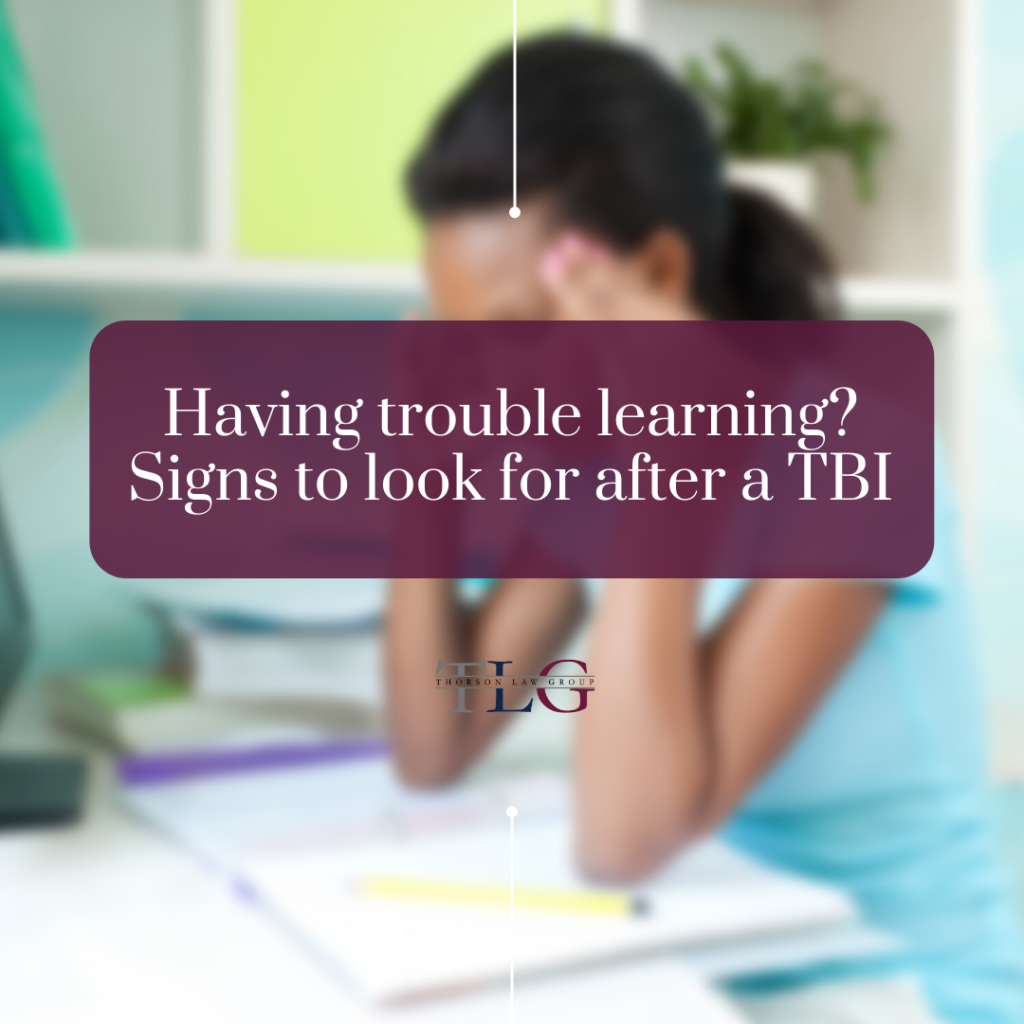TBIs can impact students in the long run, even after full recovery. In some cases, injuries can affect several abilities that require concentration, such as participating, learning, and performing well in school. This can trigger some symptoms of the injury to reappear. In these situations, students may need some academic adjustments to ease the process of going back to school.
Here are some aspects that a student needs to watch for when returning to studying after a TBI:
- Problems when paying attention or trying to concentrate
- Trouble when trying to remember or retain information
- Low capacity when learning new information
- An increase in time when completing tasks, homework, or assignments
- Difficulties when organizing a schedule
- Trouble when shifting between tasks
- Sudden occurrences with impulsive or inappropriate behavior
- Increased stress and inability to cope with a previously normal situation
- Overly emotional responses
- Difficulty when handling the school environment (such as lights and noise)
- Sudden physical symptoms that do not seem to have a cause (such as headaches, nausea, and dizziness)
No matter the severity of symptoms, it is essential to consult with a medical professional to develop solutions to face the classroom again. Professionals will offer guidance on appropriate levels of cognitive and physical activities for patients. Professors and supervisors can also be asked for help to monitor behavior and functions to aid the recovery process. Healthcare professionals will be able to determine when a person is ready to go back to study and under which circumstances.
If you or a loved one had a TBI that is now impacting their studies negatively, and the injury was caused by someone else’s negligence, it is important to contact an experienced brain injury attorney to seek compensation for the damages.
